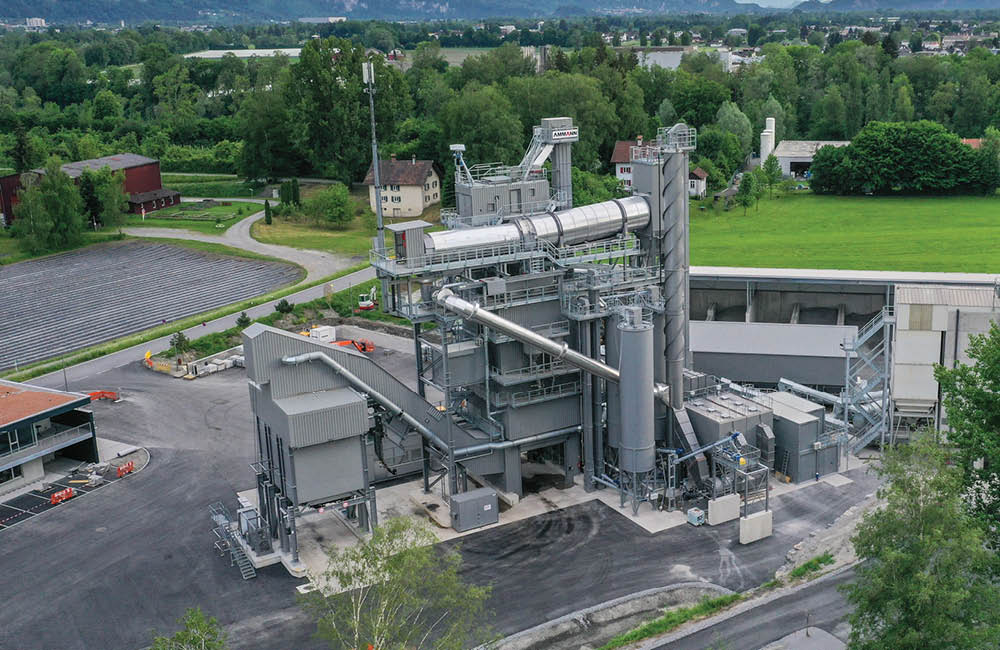The principle of the Environmental Impact Assessment (EIA) directive is to provide a high level of protection of the environment and to contribute to the integration of environmental considerations into the preparation of projects, plans and programmes, with a view to reduce their environmental impact, prior to their approval or authorisation. They ensure public participation in decision-making and thereby strengthen the quality of decisions.
The objective of the review of the directive is to take into account the changes in the policy, legal and technical context over 25 years; correct three identified shortcomings (the screening procedure, the quality and analysis of the EIA and the risk of inconsistencies with other legislations), and to simplify the EIA process.
Does the proposal from the
A panel composed of the main decision-makers on this dossier met on 24 April 2013 to discuss these questions and exchanges views with stakeholders.
The
After his welcome, Karl Falkenberg, Director General, DG Environment, gave the keynote introduction. He underlined the pitfalls of the current directive, and how the new proposal would correct them. The one-stop-shop should, for instance, trigger better coordination; time-frames should prevent long processes, and the compulsory scoping should give more certainty to developers.
Karl Falkenberg finally stressed the need to have a level-playing field with a comparable application of EIA across Europe, and that this review would avoid litigations.
Alexander Kessler, representing BUSINESSEUROPE, then presented the point of view of the industry. In his opinion, the review should be used to further simplify the process and reduce burden to developers.
He warned against accredited experts and too broad a scope, including on concepts not clearly defined such as biodiversity and climate change. He advocated for a voluntary scoping.
Under the moderation of Antony Fell, Chair of the European Minerals Foundation, the panel then presented its views on the EC proposal.
Andrea Zanoni MEP, European Parliament Rapporteur on EIA, presented his report. He congratulated the European Commission proposal and wished to strengthen it by giving voice to public and municipalities; ensuring that conflicts of interest are avoided; stressing the difference between small and big projects; further considering compensation measures, and setting up a credit system for experts involved.
He also proposed a definition of biodiversity and welcomed the retroactive effect.
Kriton Arsenis MEP (Socialists, Greece), European Parliament Shadow-Rapporteur, strongly welcomed the European Commission proposal including the broadened scope, as well as the amendments from European Parliament Rapporteur Andrea Zanoni. He called for BUSINESSEUROPE and industry to come up with proposals on how to improve the current EIA and encouraged a level-playing field.
Maria Spiliopoulou-Kaparia, Deputy Head of Unit, DG Enterprise & Industry, reminded that the current proposal was supported by all competent Commission DGs, including DG Enterprise & Industry.
She especially welcomed what were from her point of view the major innovations of the proposal: fixed time frames and the one-stop-shop, which were in line with the Raw Materials Strategy to improve access to resources.
The EC Guidance on Natura 2000 and NEEI (Non Energy Extractive Industry) was a good example of the potential to combine sustainable supply of raw materials and nature protection.
Georges Kremlis, Head of Unit, DG Environment, underlined that the new proposal would streamline the process, and detailed a few points. In his view, scoping should become instrumental and should be mandatory.
Preparing the environmental report needs professional expertise and technical qualification: competent authorities should not use the same experts as the developer to avoid conflict of interest. Alternative projects should be thoroughly considered.
Monitoring is necessary to ensure positive progress and to apply corrective measures if needed. He finally clarified that he did not intend to open discussions about Annexes I and II but that shale gas could be included in Annex I.
Migle Masaityte, Lithuanian Permanent Representation, presented the views of the EU Council. There was general support for the goals and objectives of the Commission’s proposal but a majority of EU Member States were concerned that some items are resulting in significant administrative burdens and costs to national administration and developers.
This policy review is a challenging task and she called all stakeholders to contribute.
The debate then offered stakeholders the opportunity to raise some essential points, including that the focus should be on significant effects, and that availability and location of raw materials are determined by nature and presenting alternatives might be difficult.
Next steps
The compromise text of EU Irish Presidency was expected in May to be discussed in Council WGs before being published.
The report of Andrea Zanoni was scheduled to be presented in the European Parliament on 6 May. Deadline for amendments was 22 May, before the vote in Environment Committee on 10 July. The vote in plenary session is expected for 23 October.








